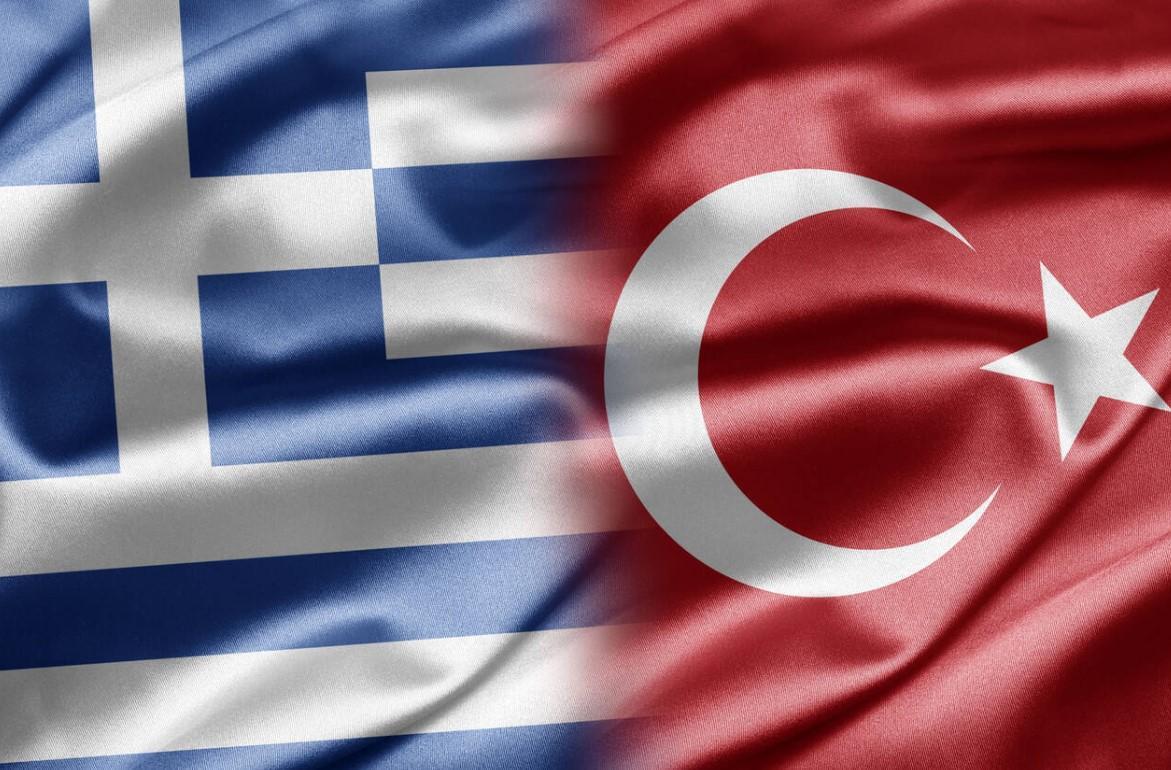
Alamy Photo
Greek pundits Alexis Heraclides, Andreas Stergiou, Theodoros Tsikas and Konstantinos Tsitselikis suggested in their comment for daily Ekathimerini that if Türkiye and Greece try a different approach than usual it might help resolve Greek-Turkish disputes which have seemed impossible to come up with a solution.
The cultivation of fear, the consolidation of false information and distorted assessments, and the construction of all sorts of national myths result in the constant negation of dialogue aimed at resolving disputes around the idea of mutual benefit, said the article.
“Many issues seem impossible to resolve, while in fact they are not. In recent decades, Türkiye has been increasingly challenging parts of Greek sovereignty, a practice that is often accompanied by verbal threats. Meanwhile, Greece insists on maximalist claims to sovereignty zones of questionable legality [including, for example, claims regarding Greek airspace and the tendency for the unilateral demarcation of territorial waters and exclusive economic zones],” said the comment.
Both Aegean rivals have been taken hold by the conviction that “the right is on our side,” said the commentators and added, “But this is not true.”
There are two types of irrational certainties: One is to dispute the acquis and the established rights of the other side; the other is to declare your sovereign rights on shaky foundations, said the article.
Some of the certainties being reproduced by the Greek side, as well as the Turkish side, are hard to substantiate legally, it said adding that at the same time, both the Greek and Turkish publics are very unlikely to question the certainties that have been cultivated by governments and the media over the years.
“Who can disregard the fact that seeing facts for what they are, and bilateral cooperation [or recourse to mediation or international arbitration] are both necessary conditions not only for the resolution of disputes but also for the utilization and preservation of shared resources? For example, fighting plastic pollution in the Aegean Sea can only be effectively achieved with a joint campaign, while the exploitation of fisheries, resources and renewable energy also requires a synergy,” said the commentators.
“What we would like to achieve is to [re]start a dialogue in Greece regarding the issues which really traumatize Greek-Turkish ties,” it said.
“We want to cancel the automatic priori questioning of the other side’s trust, which undermines the chances of a settlement. We want to contribute to confidence-building because the most important condition for every form of dialogue that aims to promote meaningful coexistence between Greece and Türkiye is that both sides rid themselves of whatever poisons bilateral ties, jeopardizes peace, prevents the development of natural resources and undermines public prosperity,” the article stated.
Such an approach ought to break with the taboo around Greece’s “national issues,” it emphasized. The Greek side must give priority to the following topics to find win-win solutions through sincere dialogue and bilateral negotiations with Türkiye (preferably on a bilateral basis, without mediators or arbitrators), said the daily and listed as follows: Final demarcation of maritime borders: Delimitation of zones where states can exercise their sovereign rights to explore and exploit natural resources (EEZ, continental shelf): Demarcation of the Greek airspace.
It is also necessary that there is a dialogue, agreement or termination of unilateral claims on issues such as energy policy, synergies where possible (renewable energy sources), talks on hydrocarbons, environmental policy, synergies especially concerning the Aegean Sea, harmonization of policies on the minorities in both countries, in accordance with the European acquis, and agreement for more humane management of refugee and migrant flows, said the article.
Concerning the Cyprus issue, the conditions for dialogue and the prospects for a meaningful coexistence of the two communities should be discussed, or things will lead to the island’s permanent division, said the commentators.
Apart from the great devastation they caused, the recent earthquakes in Turkey could deconstruct the rhetoric of tension of recent years, as happened with the 1999 earthquakes, said the article and added, “Hopefully, an opportunity has been created for an effective rapprochement.”